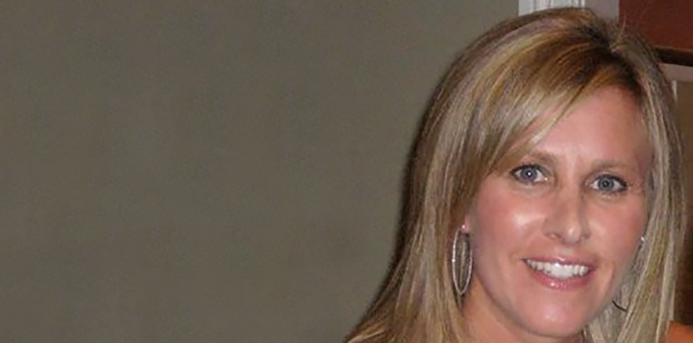Fundraisers. We are bombarded by them all year long. We give, we run, we sweat, we sell, we buy, we laugh, and we feel empowered. But what is the significance of a fundraiser?
Anyone who has personally experienced an illness or health scare can tell you just how powerful a fundraiser can be. For me, it took a very rare tumor to bring the significance to the forefront. In 2008, at the age of 38, I had a routine mammogram that revealed a phyllodes tumor. These tumors are so rare that spell-check and many doctors don’t recognize them.
As part of my search to learn more about phyllodes tumors, I came across Cycle for Survival, a fundraiser that raises money for rare cancers. I immediately started a team, MTXE, and began to raise money.
I quickly came to feel how powerful each donation was. The click that a friend made registered with me on a new level. Even as I sat down to write this article, a mom from the school my children attend donated to my team for Cycle for Survival. We don’t know each other well, but she has reached out to support my cause. I am touched. I think she is amazing!
It is easy, obvious and important to reach out to support people when they show deterioration or there is a death, but we often forget to do that when someone is still healthy; as I am now. The impact can be so great.
Fundraisers matter, and not just because they raise money for great purposes. Or that, as is the case with Cycle for Survival, they offer a way to get together with friends and burn off some calories! Don’t get me wrong; I like a good sweat as much as the next girl. But these events can serve as a means of personal connection and support. They are a way to really be amazing!
The next time a friend sends you one of those links to donate, don’t be so quick to delete it. Give what you can. Give while that person is healthy. You may be doing more than you know. Make it better!
References for Someone Dealing with Rare Cancers:
A rare cancer is one defined by the NIH as one that affects less than 200,000 people. It is one that your doctor may have seen very few of, if any at all. It is one that leaves its victim feeling very alone at a time when numbers are strength. In reality, more that half of all cancers are “rare; so grouped together, millions are affected.
Rare cancers include ones we have all heard of, like pancreatic, brain, and cervical, as well as some that are unknown to the general public.
See an oncologist and use him or her as a resource. If your cancer is as rare as my tumor, your doctor may not have ever treated one. Be sure he is willing to seek out help and information from other doctors in the field.
You must be your own advocate and push for information.
Check websites. Often medical websites are the best place for accurate information. Google can provide some dangerous information that is not necessarily accurate. Instead use medline.com, pubmed.com, or the NIH website.
Support can also be tricky since few people will share your illness. Again, that is why fundraisers can be so empowering. But, also, thanks to today’s social networking you can often find a support group on facebook or even by Google. Web sites such as www.imermanangels.org provide one-on-one support.
There is also a website that was created by a patient with rare cancer called the rare cancer alliance with a site of www.rare-cancer.org. It provides support and information. Finally, be sure to contact, or have your doc contact, the big cancer treatment centers in the country or the known expert in the field if one exists. And find those fundraisers!! Be empowered!

